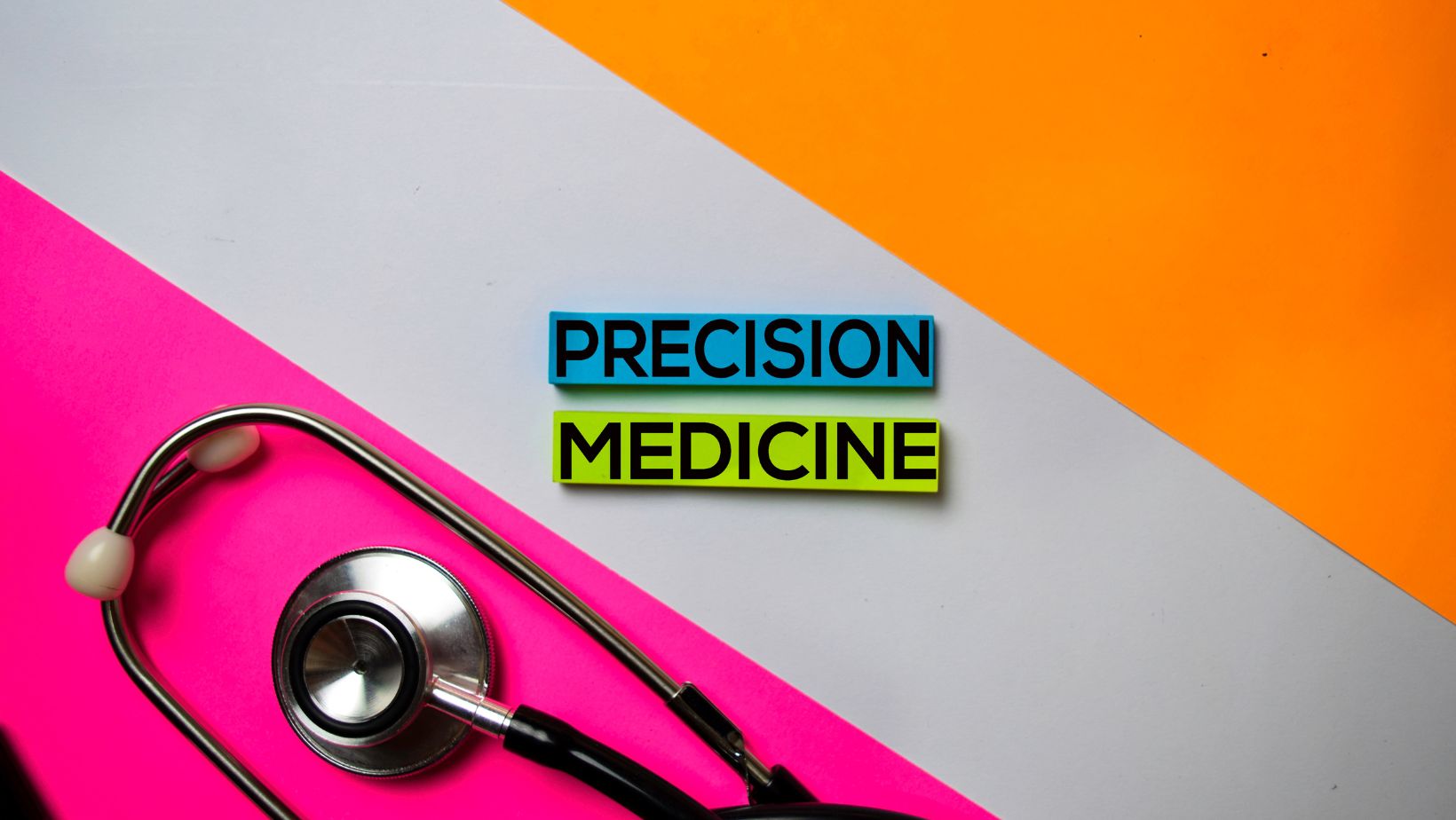
Healthcare has come a long way in the last several years, and one of the most significant developments has been the rise of precision medicine. This cutting-edge method of medical care is revolutionizing how we identify, manage, and prevent illnesses. It’s projected that total spending on precision medical treatments will increase to $124 billion by 2027. With precision medicine becoming more mainstream, doctors and other private practice offices such as Reclaim Health Group are honing in on individual ailments to find the root causes of pain and illness.
Precision medicine is more than just a catchphrase; it’s a movement toward customized health care that takes into account each person’s particular genetic composition and way of living. We will go further into the field of precision medicine in this extensive piece, examining its definition, uses, advantages, and drawbacks.
Understanding Precision Medicine
Precision medicine, also known as customized medicine or individualized medicine, is a medical treatment method that considers the unique variations in each patient’s genetic makeup, lifestyle, and environment. Precision medicine seeks to provide each patient care that is specific to them rather than using a one-size-fits-all strategy.
The Role of Genomics
Genomic medicine, the study of a person’s genetic information recorded in their DNA, is at the core of precision medicine. Healthcare providers can better understand a patient’s genetic predispositions by using genomic data, which enables them to customize treatment regimens. Healthcare professionals can ascertain which treatments are most likely to be successful and which may have a higher risk of side effects by examining a patient’s genes.
Applications of Precision Medicine
Cancer Treatment
Oncology is one of the most prominent fields where precision medicine has advanced significantly. Even though they develop in the same organ, tumors differ due to the genetic heterogeneity of cancer. Targeted medicines are made possible by precision medicine, which aids doctors in selecting the best course of action for each patient based on their unique genetic profile. Patients with cancer are seeing fewer side effects and higher survival rates as a result of this strategy.
Pharmacogenomics
Prescription medicine is also changing as a result of precision medicine. A subspecialty of precision medicine called pharmacogenomics examines the relationship between a person’s genetic makeup and how they react to medications.

Healthcare professionals can improve treatment outcomes and minimize the risk of adverse drug responses by optimizing medication regimens based on their understanding of how an individual’s genetic makeup influences drug metabolism and efficacy.
Rare and Genetic Diseases
Precision medicine gives new hope in uncommon and inherited disease cases. Researchers and medical professionals can create specialized treatments and interventions by determining the genetic abnormalities causing these disorders. Patients benefit from this, in addition to the fact that it hastens the development of previously undiscovered medicines for rare diseases.
Infectious Disease Management
Precision medicine is useful not only for treating chronic illnesses but also for managing infectious diseases. Healthcare practitioners can create more potent therapies and preventive measures by examining the genetic composition of infections and comprehending how they interact with the genetics of the host.
Benefits of Precision Medicine
Personalized Treatment Plans
The creation of individualized treatment programs is precision medicine’s main advantage. Since no two people are alike, there can be wide variations in how each responds to medical procedures. By customizing therapies to each patient’s specific genetic and environmental characteristics, precision medicine increases the chance of positive results.
Reduced Adverse Effects
In the field of medicine, drug side effects and adverse effects are major concerns. By choosing therapies that are less likely to result in negative side effects, precision medicine tries to reduce these problems. This lowers the expense and workload associated with controlling these adverse effects, in addition to increasing patient comfort.
Early Detection and Prevention
The capacity of precision medicine to identify illnesses early on, or even before symptoms appear, is another significant benefit. Healthcare professionals can take preventative steps to stop the onset of diseases, including diabetes, cardiovascular disease, and some types of cancer, by detecting genetic markers linked to disease risk.
Improved Quality of Life
People with chronic diseases are experiencing a change in their lives because of precision medicine. Targeted therapies and treatments can dramatically enhance the quality of life for people with rare genetic illnesses, Huntington’s disease, and cystic fibrosis. After receiving therapy, these people can now live longer and have a higher quality of life than they did before.
Challenges and Limitations of Precision Medicine
High Costs
The expense of precision medicine is one of its main drawbacks. Personalized treatment may be costly due to the need for genetic testing and analysis. Even with declining costs, many people still have limited access to precision medicine, especially in healthcare systems with limited resources.
Privacy and Data Security
Because genomic data is so sensitive, strong security precautions must be taken while handling and storing it.

Patient privacy is seriously jeopardized by the possibility of misuse or illegal access to this data. Strict guidelines and procedures must be put in place to safeguard patient genetic data.
Ethical Dilemmas
There is continuous discussion over the ethical ramifications of precision medicine. It is necessary to examine and control issues related to genetic discrimination, consent, and the possibility of producing designer offspring using gene editing techniques like CRISPR-Cas9.
Lack of Diversity in Datasets
A key drawback of precision medicine is the lack of diversity in genomic databases. Since most genomic research has been done on people with European heritage, populations with more diverse genetic backgrounds may benefit less from precision medicine in terms of accuracy and benefits.
Final Thoughts
A significant development in healthcare, precision medicine holds the potential to completely transform how we identify, treat, and prevent disease. Precision medicine provides the possibility of more effective therapies, fewer side effects, and better overall health outcomes by accounting for each person’s distinct genetic composition and contextual circumstances.
Precision medicine has a bright future ahead of it despite obstacles like cost, privacy, and ethical concerns. AI developments and growing accessibility will fuel its expansion. As we proceed, the assimilation of precision medicine into international healthcare systems presents a prospect for numerous advantages, providing a route toward a more customized and health-conscious medical approach.










